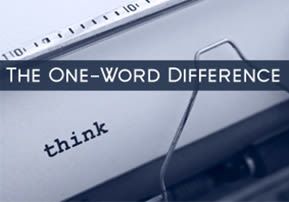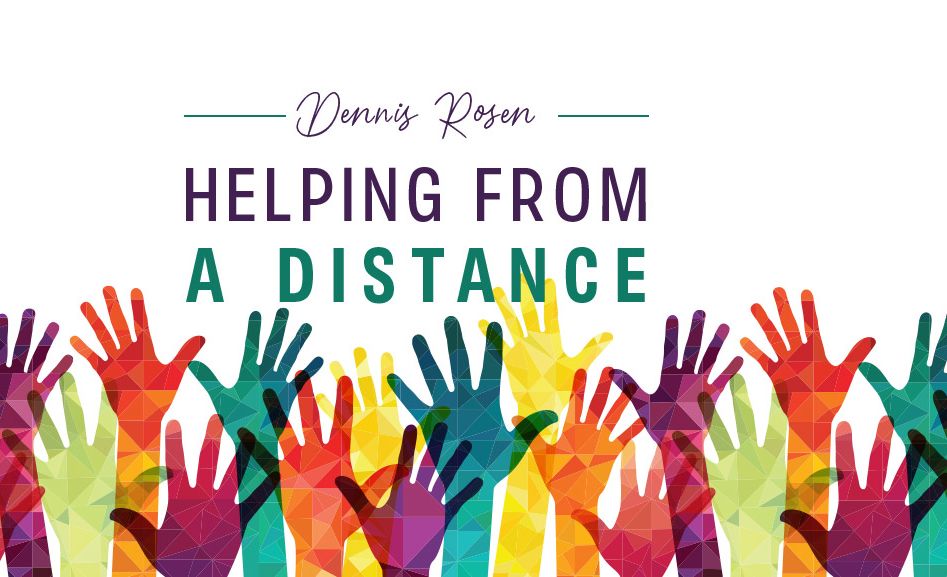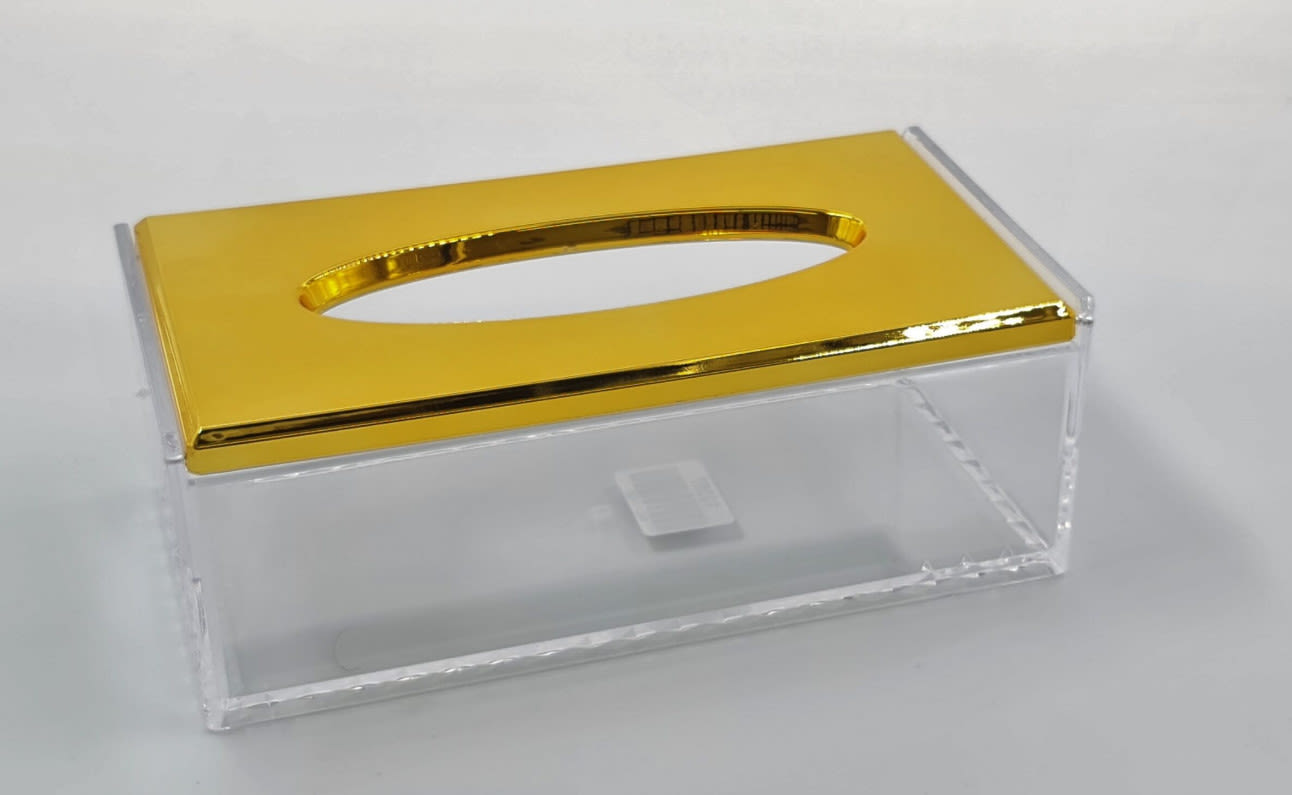
The One-Word Difference
Only when you carefully map out each and every word and phrase, each proper tense and noun and pronoun that you realize how one small word can make a difference…

We arrived in the land of milk, honey and chocolate spread with a few exhausted kids in tow. Coming off of the Nefesh-B-Nefesh flight, we looked towards the falafel fruited plain, and to a future filled with endless possibilities. After the fanfare and ceremony came to a final conclusion, we grabbed our cranky kids and sixteen boxes and made a hasty exit out into the sweltering July morning. Just like the sudden heat that greeted us as we made our way out, so did the sudden realization that I didn’t understand a word of the Hebrew being spoken all around me.
I sized up the situation. Although tapping my husband on the shoulder at this point and saying, “You know, I don’t know if this is such a good idea after all,” was  totally out of the question—being that cranky and tired kids along with our sixteen boxes were all seemingly immovable at the moment—I finally came to understand the phrase “at a total loss for words”. I, a person who is in a constant state of phrase turning and mental note taking—I, the person who revels in witty phrases and intellectual banter—was at a sudden loss. Oh, my.
totally out of the question—being that cranky and tired kids along with our sixteen boxes were all seemingly immovable at the moment—I finally came to understand the phrase “at a total loss for words”. I, a person who is in a constant state of phrase turning and mental note taking—I, the person who revels in witty phrases and intellectual banter—was at a sudden loss. Oh, my.
There I was on the phone with the gentleman from the local fish store, attempting, in my very limited Hebrew, to order fish.“Yesh li dag?” I proceeded to ask, which, for the benefit of those who share my profound ineptitude of the language means, “Do I have fish?”I continued to ask him this question several times, as my sister (who is basically fluent in Hebrew) sat nearby holding her sides together to keep them from splitting due to severe laughter. Apparently she was so busy laughing, she was unable to help me stop making a fool of myself. After a few more seconds of this comedic exchange, the man on the other end of the phone said,“Michal?” (for that is the name by which I am known in these here parts).“Ken?” I answered meekly. He knew who I was! He recognized me by my atrocious Hebrew! After that things went much more smoothly, after we worked out that I was the one who needed the fish. But after the laughter subsided, there was a very serious lesson to be learned from all of this.
Firstly, if you are ordering something over the phone in a language you don’t know, disguise your voice. But secondly, and most importantly—our words define us. If we are seekers of truth, and we aim to be honest in all of our dealings with our fellow man—if we dispense compliments, and greet those around us with positive words—then we are known to be a positive and pleasant person. But if our words come on the heels of lies—if every interaction is of the negative variety—if we scream at and slander those around us—then our words will unfortunately taint our name in an uncomplimentary light.In other words—we are our words! Only when one can’t communicate and express themselves as they are used to, does it hit home. It is a humbling experience not to be able to make yourself understood. For the past five years, I have been exchanging pleasantries with our Israeli neighbor in the most rudimentary of Hebrew.“Boker tov, mashlomech?” I’ll say, totally proud of myself, and she’ll answer in kind. And then one night, not too long ago, at a farewell party for one of our neighbors, she began to address all of us (mostly English speakers) in flawless English. My mouth was agape.“Excuse me!” I chided her good-naturedly. “For the past five years, you have made me break my teeth on my Hebrew simply to say hello! Now I find out you lived in America? That you speak English?!”











Tell us what you think!
Thank you for your comment!
It will be published after approval by the Editor.